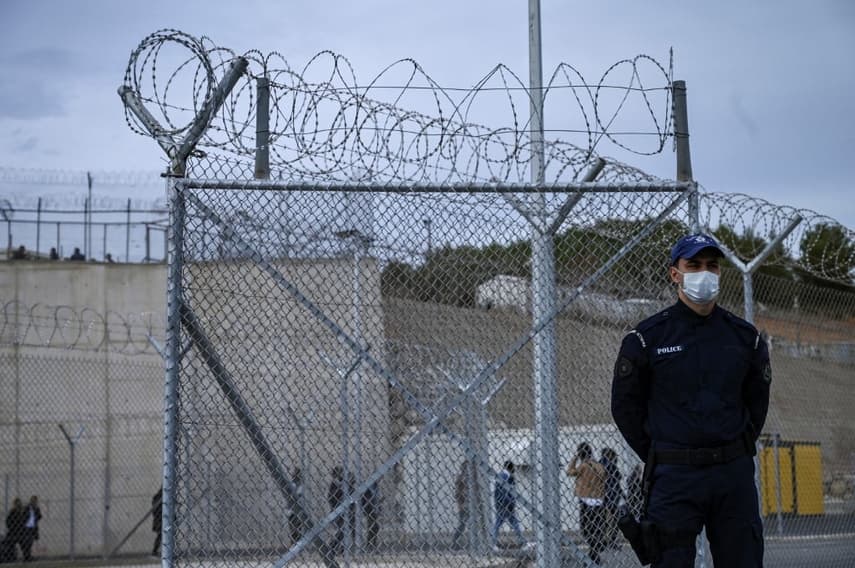EU nations demand tougher borders to prevent ‘migration crisis’

The overall tone on migration has hardened in Europe since 2015-2016, when it took in over a million asylum-seekers, most of them Syrians fleeing the war in their country.
Austria, Denmark, Estonia, Greece, Latvia, Lithuania, Malta and Slovakia sent the letter dated Monday to EU Commission President Ursula von der Leyen and EU Council President Charles Michel.
They said it was “high time” for a “comprehensive European… approach for all relevant migratory routes” to tackle irregular migration.
The letter called for “additional financial support” within the existing budget to enhance “relevant operational and technical measures for effective border control”.
It also urged “significantly increasing swift returns of third country nationals” and concluding new partnerships and safe third country arrangements.
Some member states are facing “levels of arrivals and applications equivalent to, or higher than, those seen during the migration crisis in 2015 and 2016,” the letter added.
At the end of January, European Commissioner for Home Affairs Ylva Johansson said she was confident that asylum reform — under discussion since September 2020 — would be adopted before the European elections in 2024.
The EU has earmarked six billion euros to protect its borders for the 2021-2027 period.
Several countries, including Austria, have called for EU funding to strengthen fences along the bloc’s external borders to reduce the flow of asylum-seekers.
But the commission has so far been reluctant, saying that “building walls and barbed wire” is not the right solution.
EU Commission chief Ursula von der Leyen said last month that member states could sign up to a pilot scheme over the first half of this year to speed up screening and asylum procedures for eligible migrants — and “immediate return” for those not deemed to qualify.
Von der Leyen said she wanted the EU to draw up a list of “safe countries of origin”, and for the bloc to strengthen border monitoring on the Mediterranean and Western Balkans routes migrants use to get to Europe.
